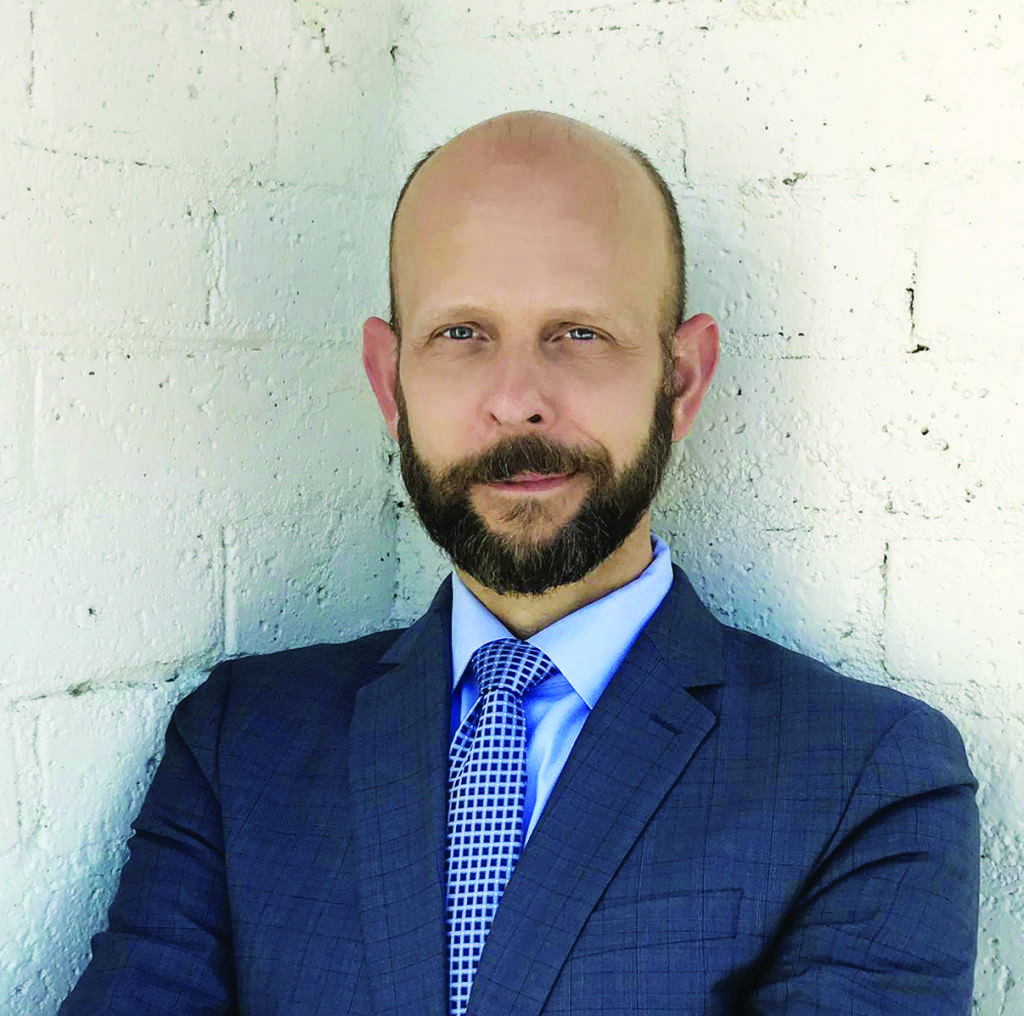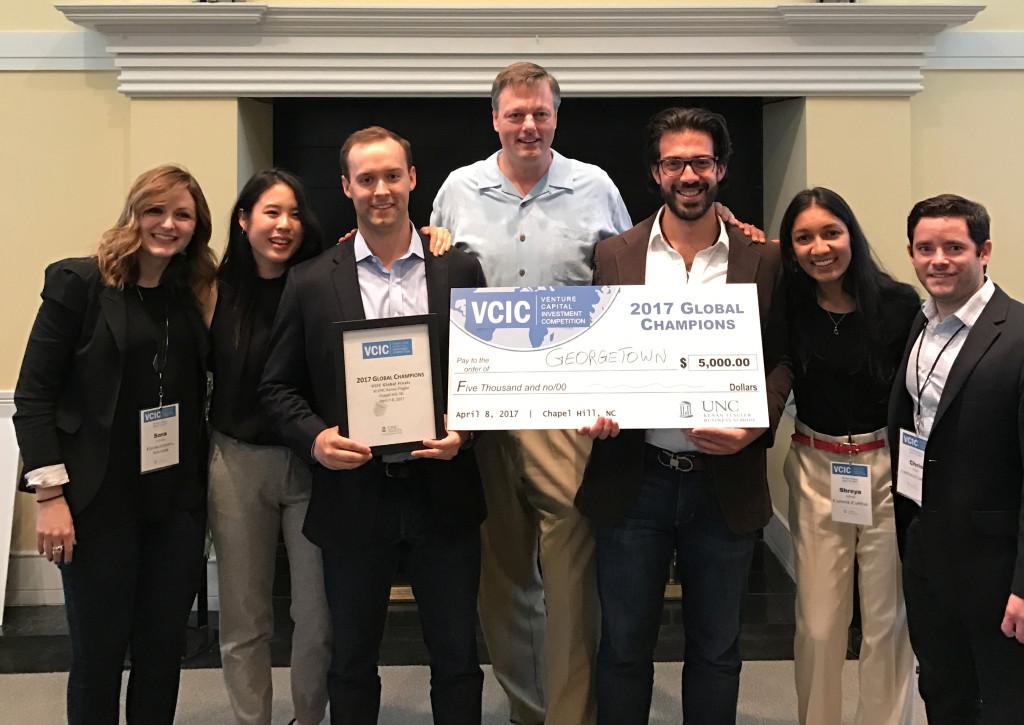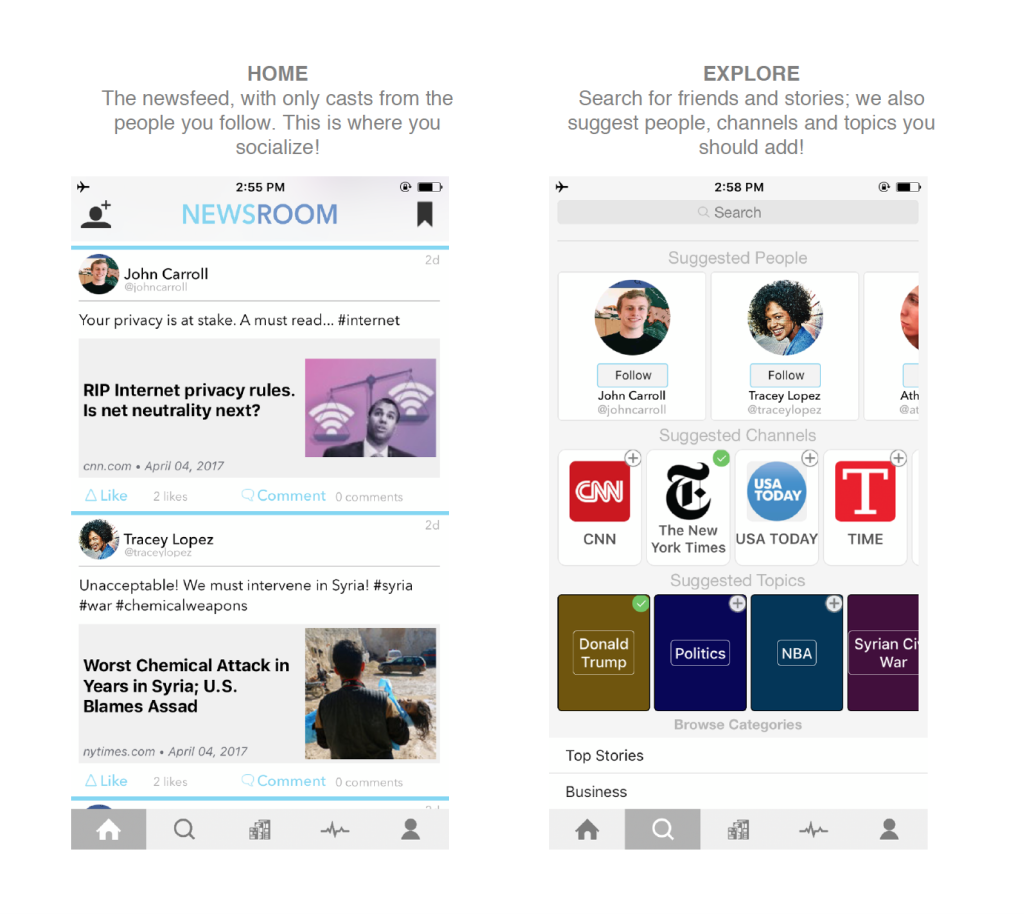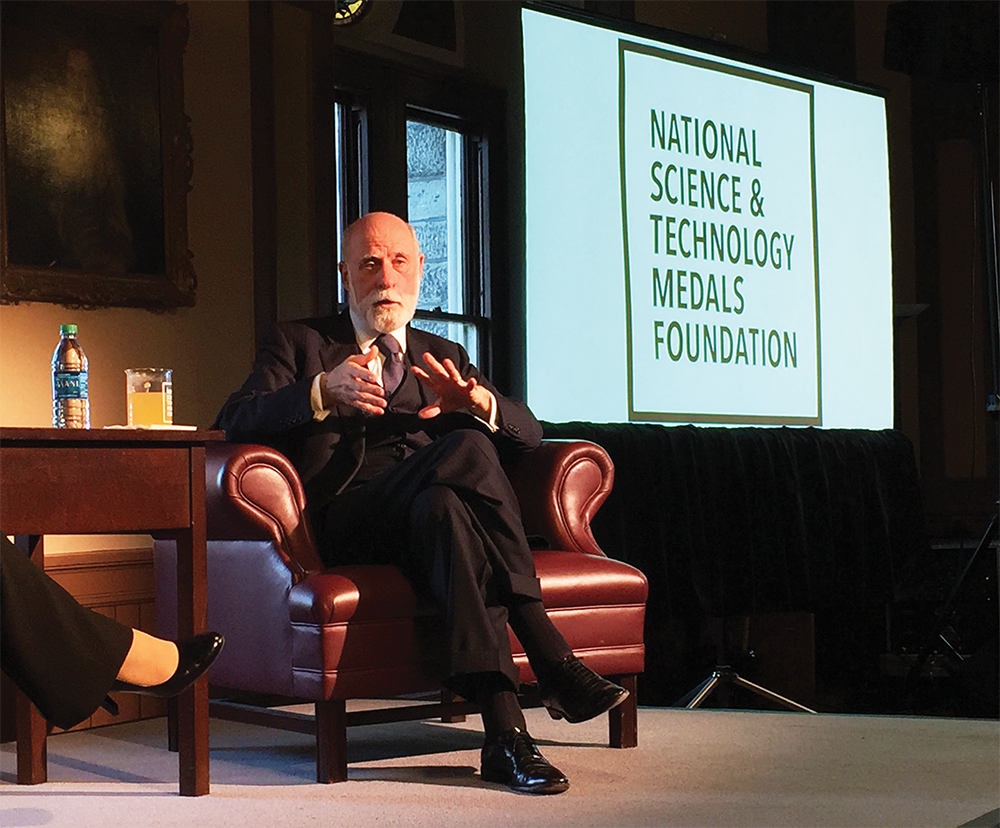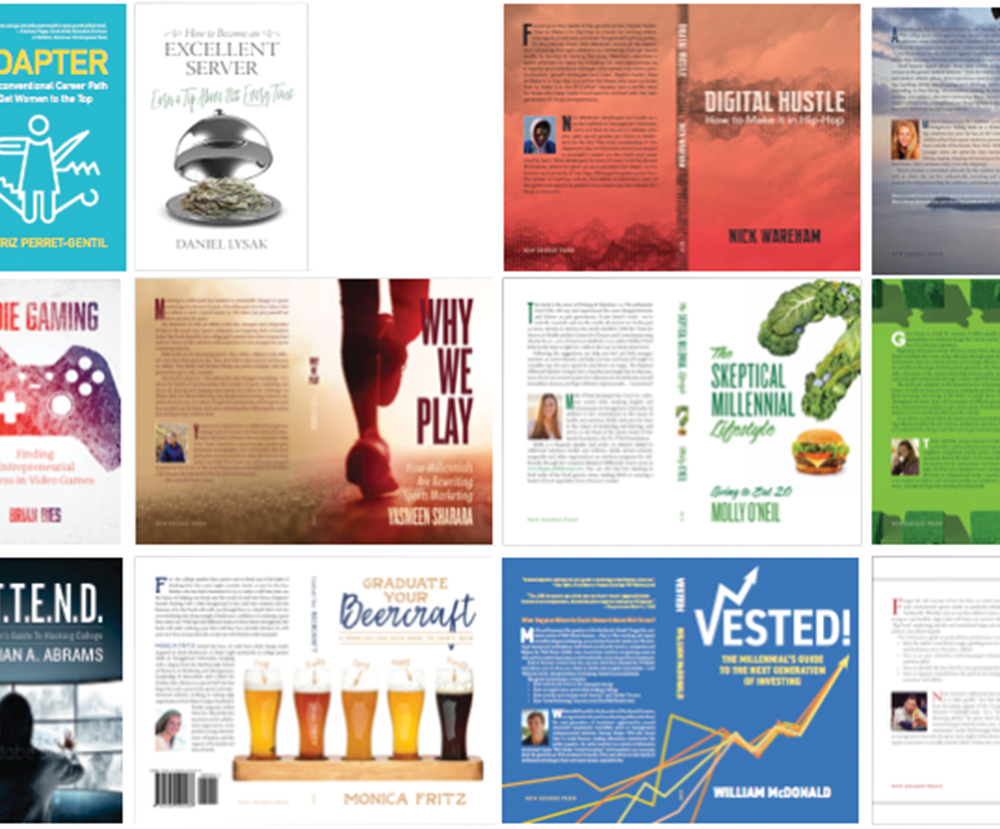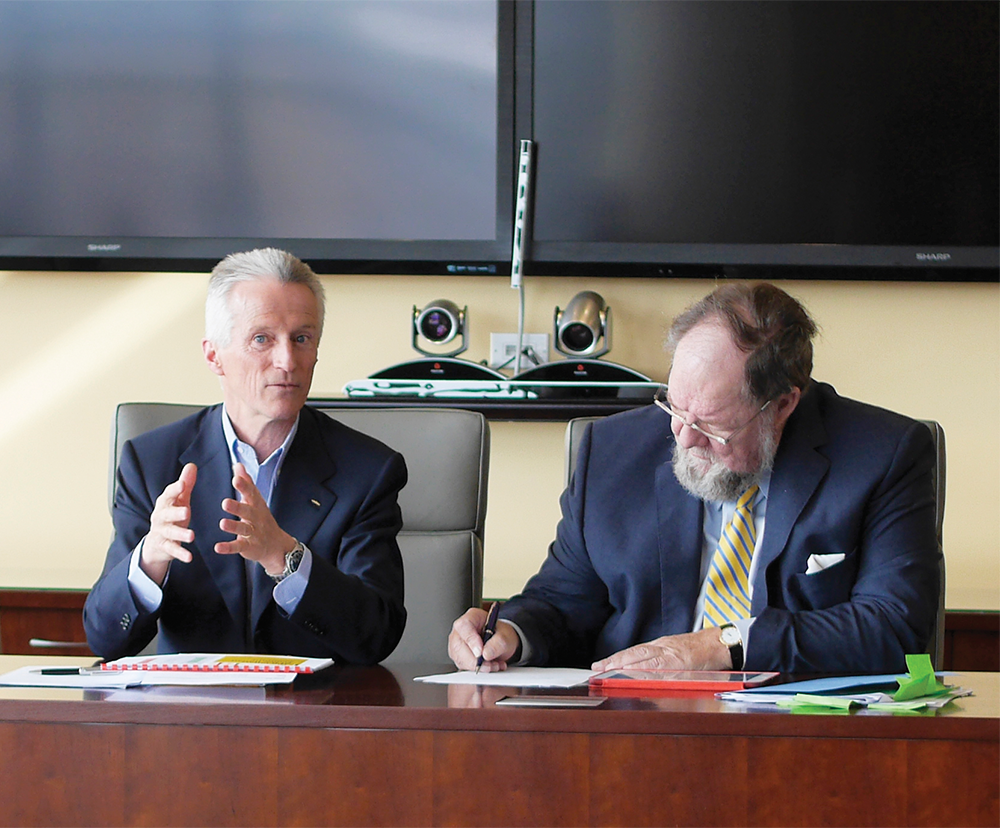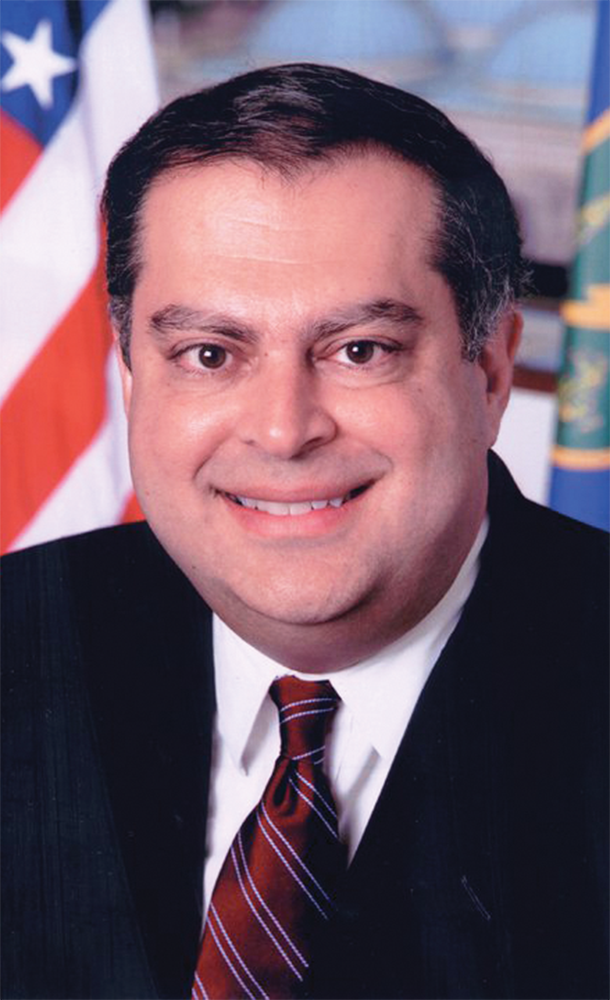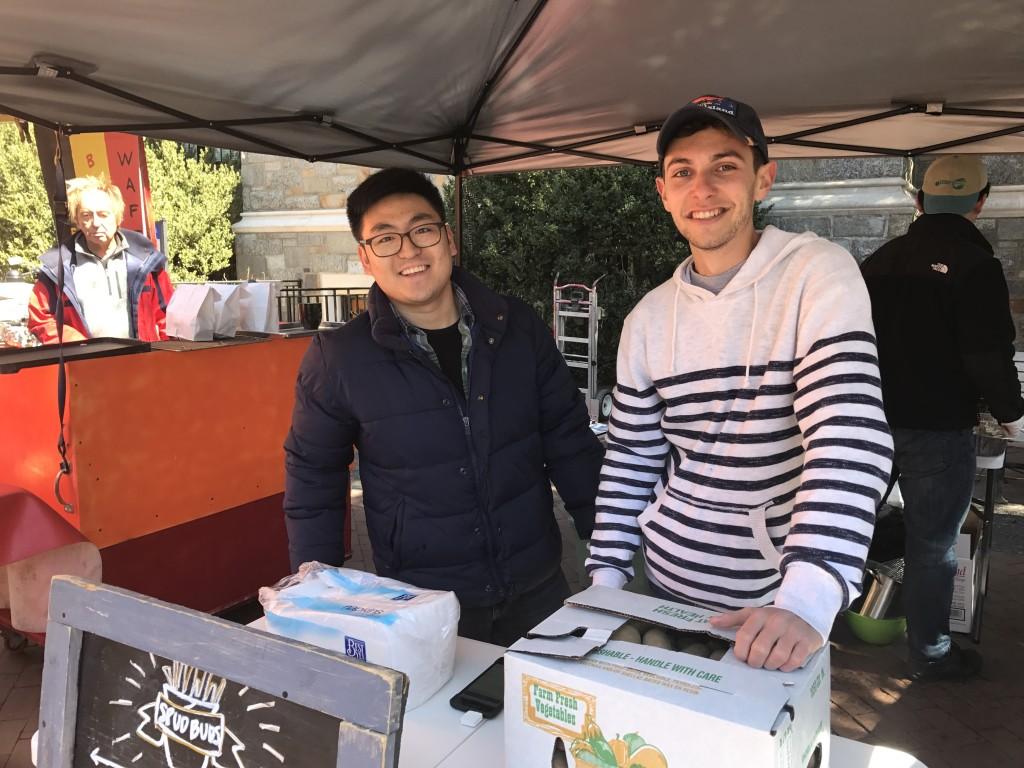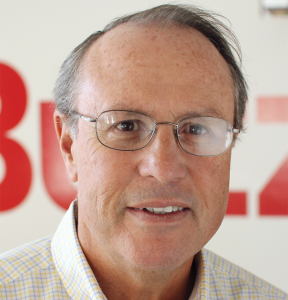
According to Greg Coleman (GSB ’76), he’s the luckiest man in the world. And with successful careers at Yahoo, Reader’s Digest, The Huffington Post and Criteo, a personalized retargeting company, behind him, the new president of Buzzfeed — responsible for the management and growth of all business sections — may very well be right. His resume boasts increasing Yahoo advertising revenues from $600 million to $6 billion, teaching graduates at New York University’s Stern School of Business and bringing advertising to account for 25 percent of Reader’s Digest corporate profit, leaving Coleman more than prepared for the adventures and challenges working at Buzzfeed promises.
What is a day in the life of the president of Buzzfeed like?
Because this is the beginning of my fourth week coming into a very popular consumer brand, it’s thrilling, exciting. Business is booming. There’s so much action on all fronts — the team that’s producing the creative [content] or the team running the sales side or the teams running our account management. What’s it like? It’s like walking into a casino with a pocket full of money trying to figure out the best way to maximize your return.
What drew you to Buzzfeed?
I was president of Criteo, and we took the company public last year. It was a substantial company, and I was fully engaged. I had been there for three and a half years, when I got a call from the chairman and CEO of Buzzfeed, who were also two of the co-founders of The Huffington Post. I’ve kept in touch with these guys, they’re dear friends, and at the meeting, the chairman looked at me and said, ‘Greg, the reason I called is we wanted to see if you wanted to come back to the family.’
I had no idea. He said, ‘Would you consider being the president of Buzzfeed?’ I thought, ‘I don’t know how I can say no to this.’ I felt like the luckiest guy on the face of the earth.
I’m a big believer in the people part of the equation. It’s how I’ve made decisions throughout my career.
You’ve worked at The Huffington Post and Criteo. How did those positions prepare you for Buzzfeed?
It goes to scaling. How can you scale a business? How can you introduce a brand to the marketing and media community? In both cases, advertising is the pathway. It’s how we get our revenue. How can you get ads to take notice and to believe their investment in advertising is very valuable? That’s kind of in a nutshell what we do. The mechanics: How do you serve the ads? Make sure the machine works well? Whole bunch of that stuff that goes into it.
How did your Georgetown education prepare you for your career?
At Georgetown I got a great education, but I also was extremely connected to lots of relationships there. The blessings that anyone that went to Georgetown has is friendships, relationships, that last a lifetime. At Georgetown, I took a class in magazine marketing and that really put me on the pathway to say ‘Hey, I want to get into the media business.’ I had the right professor at the right time who ultimately became my mentor.
I’ve been teaching for the last seven years. I taught three years at Georgetown, and then when my daughter Melissa Coleman (MSB ’11) graduated, it was easier to come up to NYU, where I teach digital media innovation. It’s a little bit like I’m giving back, like my teacher did. He was president of Newsweek magazine. I feel like it was so helpful, I’m doing something of the same.
Do you have any advice for Georgetown students?
With this digital world continuing to grow, I encourage my students to think about whether or not they want to take an adventure versus taking a job. I had jobs, and it wasn’t until I left Reader’s Digest, where I was president, in 2001 to go to Yahoo that I had my first massive adventure. When I teach my students, I’m really trying to seduce them to taking an adventure, something that is uncertain, growing fast.
I would also tell students to not be afraid to use their connections. If you know somebody who knows somebody, don’t be afraid to talk to someone who can open the door.
You’ve said in other interviews you think video content is Buzzfeed’s future. Why?
The prevailing thought is that our video business could be larger, in time, than our website business. The magic of Buzzfeed is about creating content that people want to share and post. It’s art and science. We believe that based on the early numbers, we have to create content that is really breakthrough and is really different and should make you want to watch it, make you want to share it. We have a four-acre studio in Hollywood, where we do all of our original editorial. It’s nothing less than remarkable to see how everyone thinks outside of the box and understanding what the human mind really wants to delight in, share. It’s not the way it used to be done. Even on the advertising side, we produce videos for our clients that are ads that people really want to share.
If there were a Buzzfeed list about your life, what would it be called?
“Why Is Greg Coleman The Luckiest Man On The Planet?”
I think of all the jobs I’ve had, on the business side the companies I’m on boards of, involved in, how I’ve figured out and connected with the right people. It’s like I can sniff out a big fat truffle. I made good decisions based on people, and then coming to Buzzfeed was the cherry on top of the cake.


